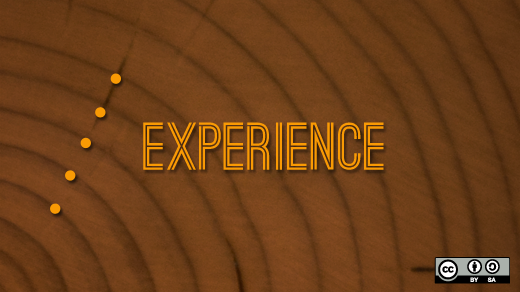It’s that time of year. The weather is warming, summer is upon us, the school year is at its end—and many folks are celebrating graduation from their university. If you’re one of those people, congratulations! Now that you’ve completed your studies, you’re probably looking forward to the next big challenge: choosing a career path.
Regardless of whether you’ve always known what you want to be or you’re still trying to decide what you want to do, it’s no secret that the job market is tough right now, especially for new graduates. Despite the daunting economy, the good news is that participating in an open source project can help you jumpstart your career, even if you’re not a computer scientist.
Why participating in open source matters
In a competitive job market, a real-world portfolio of work gives you an edge when applying for jobs. Contributing to an open source project provides you with that real-world portfolio, as all the work you do is publicly available and gives would-be employers a sense of your skill set and potential culture fit. In fact, many employers these days, at least when searching for technologists to employ, ask for a GitHub username instead of a resume. While class projects have given you the opportunity to do more in-depth study of a particular technical problem, participating in an open source project does the same and much more: you have the chance to work on a living, evolving code base; you use a wider variety of tools to get your code written and published; and, perhaps most importantly, you get the valuable experience of working with a globally distributed team.
Even if you’re not planning a career in programming, participating in open source projects can bring you many of the same benefits. Able writers will find that open source projects are looking for volunteers to help them create documentation, and that documentation in turn becomes a valuable, real-world part of your job application. The same holds true for artists, designers and people who just enjoy filing bug reports when something doesn’t quite work the way it ought to work.
If you’re not sure where to get started, consider perusing the OpenHatch website for volunteer opportunities that match your skill set and interests. Also check out this recent article profiling seven open source projects that are great for newbies, including how to pick a project and which ones to avoid. A few include:
Should you find yourself attending this year’s OSCON conference, check out the talk I’ll be giving with Amye Scavarda on Growing Your Career in Open Source. (And, if you won’t be at OSCON, we’ll share our slides and commentary following the presentation.)
While building up a referenceable body of work is important for obtaining employment, it’s not the only—or even greatest benefit—of participating in an open source project. The best parts of working in an open source project are the people you meet, the experiences you have with them, and the chances you have to learn about things: from programming languages to public holidays, from individuals all over the world. Take the opportunity now to engage with an open source project and build your skill set and personal network. You never know where open source will take you!





8 Comments